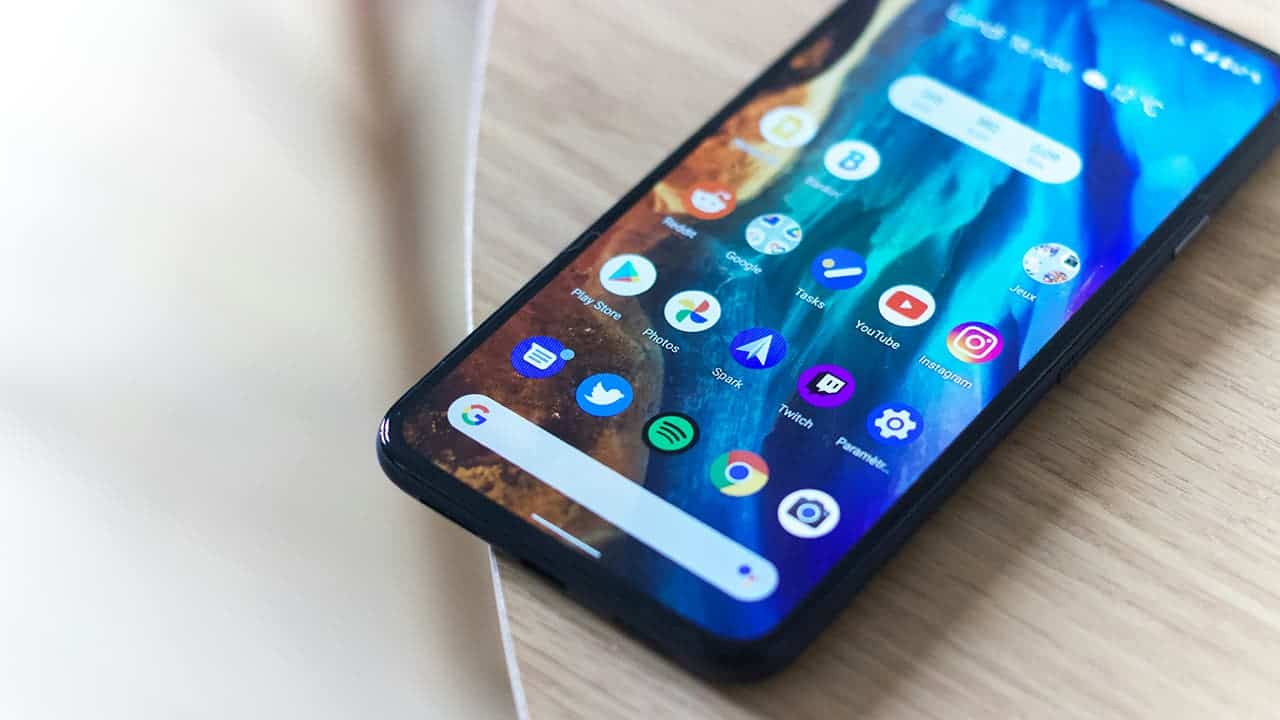In today’s digital world, applications (apps) are the tools that power our productivity, entertainment, and communication. But with an ever-growing app library, navigating this digital landscape can become a cluttered mess. Finding the right app at the right time can be frustrating, wasting precious time and hindering your workflow. Fear not, fellow app user! This guide will equip you with strategies to organize your apps for optimal accessibility and efficiency.
Taming the App Jungle: Keeping Your Applications Organized and Accessible

Understanding Your App Ecosystem
The first step is to conduct a thorough audit. Take a deep dive into your existing app collection. Here’s what you need to consider:
- Frequency of Use: Categorize apps based on how often you use them. Frequently used apps like social media or messaging deserve prime real estate, while those used occasionally can be tucked away.
- App Purpose: Group apps by their function – social media, productivity tools, entertainment, shopping, etc. This creates a logical structure for easier navigation.
- Device Compatibility: Not all apps are compatible across all devices. Identify device-specific apps and organize them accordingly (e.g., work apps on your laptop, entertainment apps on your tablet).
Declutter and Delete:
Now that you have a map of your app landscape, it’s time for some spring cleaning. Be ruthless! Here’s how to declutter your app collection:
- Unused Apps: Let go of apps you haven’t used in months. They’re not adding value and are just occupying valuable space.
- Duplicate Functionality: Do you have multiple apps for similar purposes (e.g., two photo editing apps)? Keep the one you prefer and delete the rest.
- Trialware and Bloatware: Uninstall trial versions of apps you didn’t convert into paid subscriptions. Additionally, some devices come preloaded with “bloatware” apps you never use. Check your device’s settings to see if you can disable or uninstall them.
Mastering App Organization Techniques:
Here’s how you can leverage your device’s features and third-party tools to keep your apps organized:
- Utilize Built-in Features: Most devices come with built-in app organization tools. Take advantage of folders to group related apps. Customize your home screen layout to prioritize frequently used apps.
- Leverage App Launchers: Third-party app launchers like Nova Launcher (Android) or Launcher (iOS) offer greater customization options. Create multiple home screens for different app categories, utilize widgets for quick access, and customize icon themes for a visually appealing experience.
- Smart Assistant Integration: Utilize voice commands with smart assistants like Google Assistant or Siri to launch apps hands-free. This is a great option for quickly accessing frequently used apps, especially on smart speakers or wearables.
Optimizing App Usage for Increased Efficiency:
- Notifications: Manage notification settings for each app. Constant notifications can be distracting and contribute to information overload. Allow notifications only for truly important apps and set them to silent or non-intrusive modes for less critical ones.
- App Permissions: Regularly review and adjust app permissions. Apps often request extensive access to data and features you may not need. Revoke unnecessary permissions to protect your privacy and potentially improve device performance.
- Cloud Storage and Synchronization: Utilize cloud storage services to back up app data and settings. This allows you to easily access your apps and data across multiple devices.

Bonus Tip: Embrace Automation
Explore automation tools like IFTTT (If This, Then That) or Zapier to automate tasks between apps. Imagine automatically saving important emails to a cloud storage service or adding new contacts from social media to your address book – all happening without your manual intervention.
Remember:
The ideal app organization system is one that adapts to your needs and preferences. Experiment with different methods and find what works best for you. Regularly revisit your app collection, decluttering and reorganizing as needed. With a clean and organized app ecosystem, you’ll be able to find the app you need, when you need it, maximizing your productivity and enjoyment of the digital world.
Additional Considerations:
- Security and Privacy: Be mindful of privacy settings for each app. Don’t grant sensitive permissions unless absolutely necessary. Consider using a password manager to manage access credentials for various apps.
- Data Usage: Monitor your mobile data usage, especially on limited data plans. Certain apps can be data hogs. Consider using data-saving features within apps or switch to Wi-Fi whenever possible for heavy data usage
Verdict:
By taking control of your app landscape, you’ll transform the way you interact with technology. You’ll spend less time searching for apps and more time utilizing them to their full potential. Remember, the goal isn’t just to organize – it’s to empower yourself to be more productive, efficient, and ultimately in control of your digital experience.
Taking it a Step Further: Advanced App Management Techniques
For the power users out there, here are some additional strategies to further optimize your app management:
- Utilize App Profiles: Certain devices offer app profiles which allow you to create different app sets for different contexts. For example, a “work profile” with productivity apps and a “home profile” with entertainment and social media apps. This helps maintain a clear distinction between your work and personal life on your device.
- Explore Alternative App Stores: Consider venturing beyond the official app store for your device. Third-party app stores often offer niche apps or modified versions of existing apps with additional features. Always prioritize reputable stores and exercise caution with app permissions when downloading from non-official sources.
- Embrace Cloud-Based Apps: Cloud-based apps are accessed through a web browser, eliminating the need for local storage on your device. This can be particularly beneficial for resource-intensive apps or those requiring collaboration capabilities.
The Future of App Management
As technology evolves, so too will app management. Here are some potential future trends to keep an eye on:
- Context-Aware App Suggestions: Imagine your device intelligently suggesting apps based on your location, time of day, and activity. For example, suggesting a navigation app while you’re driving or a music app during your commute.
- Seamless Multi-Device Integration: The future may see a more fluid experience where apps seamlessly transition across your various devices. Imagine starting a project on your laptop and seamlessly continuing it on your tablet or smartphone.
- AI-Powered App Organization: Artificial intelligence may play a bigger role in personalizing your app experience. Imagine AI automatically categorizing your apps, prioritizing frequently used ones, and recommending uninstallations based on usage patterns.
In conclusion, effectively managing your applications is an ongoing process. By adopting the strategies outlined here and remaining open to future innovations, you can create a digital environment that empowers you to get the most out of your technology. Remember, the ultimate goal is to leverage apps as tools that enhance your productivity, creativity, and overall well-being in the ever-evolving digital landscape.





